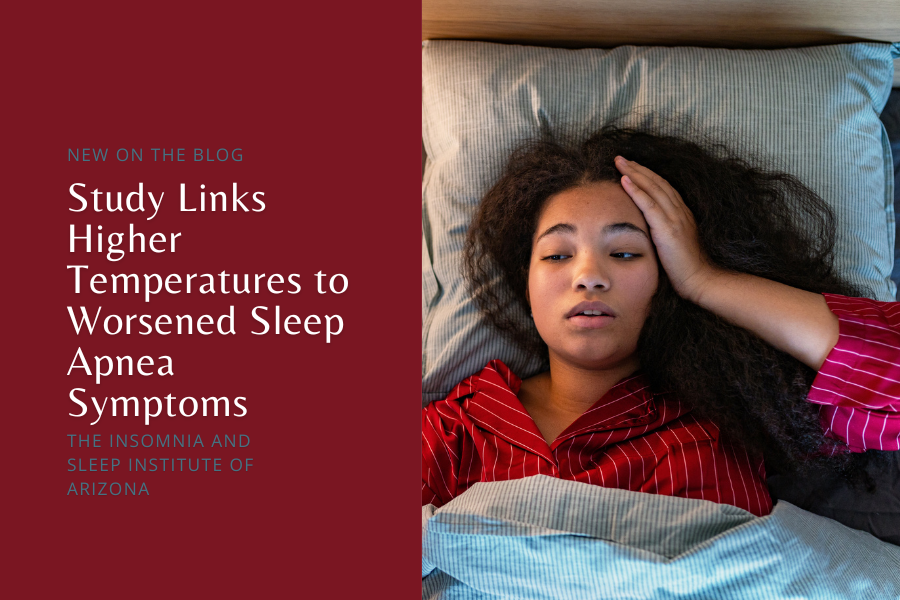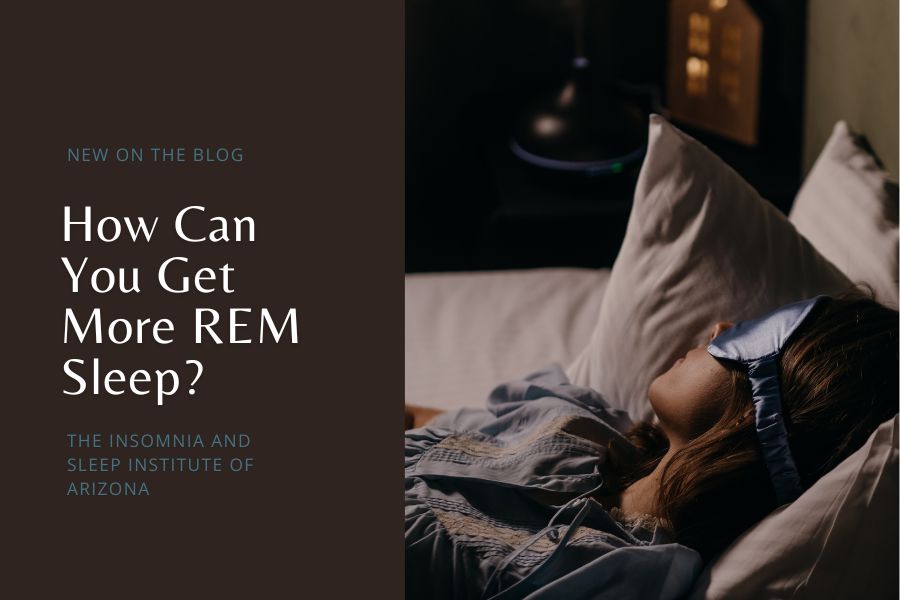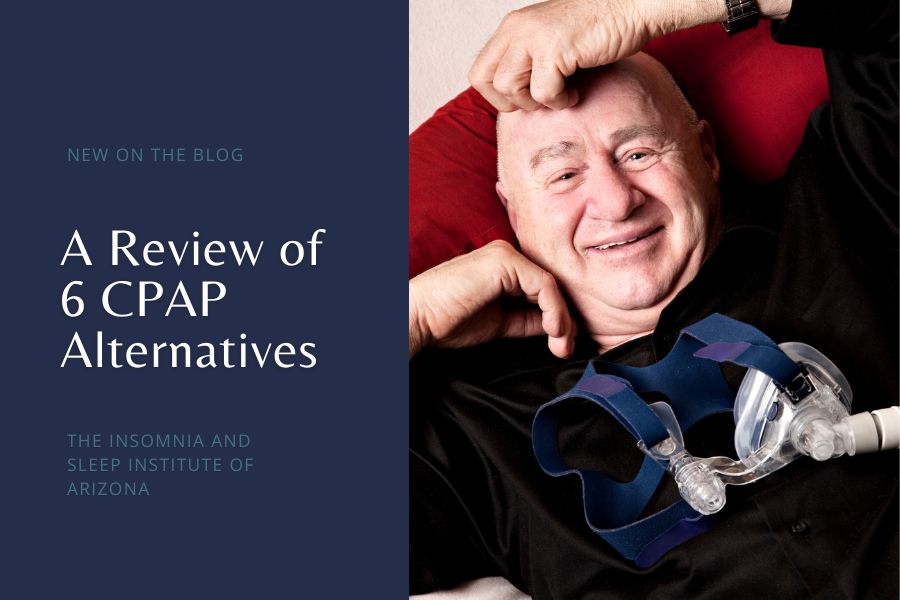“Sleep is the best medicine,” they say. Disrupted sleep, however, can cause trouble in your body in more ways than one. Sleep apnea can also contribute to unexpected weight gain.
Nearly 70% of individuals with sleep apnea are overweight or obese, according to research. Without treatment, shedding those extra pounds becomes a much tougher challenge.
How Does Sleep Apnea Lead to Weight Gain?
Obstructive Sleep Apnea (OSA) causes repeated breathing interruptions during sleep, throwing the body off balance. Poor sleep from OSA triggers a cascade of issues with hormones, metabolism, and energy levels.
Hunger signals go haywire, and fatigue makes staying active a struggle. Together, these factors create a perfect storm for weight gain.
1. Disrupted Sleep and Energy Imbalance
Sleep apnea causes fragmented sleep due to frequent awakenings from pauses in breathing. Poor-quality sleep leads to:
- Daytime Fatigue: Fatigue drains energy, making physical activity feel like a challenge. People with OSA often struggle to stay active, limiting their daily movement. Fewer calories get burned, which gradually contributes to weight gain.
- Lower Physical Activity: Lacking energy makes exercise and even simple daily tasks feel overwhelming. Over time, this leads to a calorie imbalance and gradual weight gain..
2. Hormonal Imbalances Affect Hunger and Satiety
Sleep apnea disrupts the regulation of key appetite-related hormones:
- Leptin and Ghrelin:
- Leptin, the hormone that signals fullness, decreases with poor sleep.
- Ghrelin, the hormone that stimulates hunger, increases.
- Hormonal shifts trigger overeating, driving cravings for high-calorie, carb-heavy foods. These changes make resisting unhealthy choices even harder.
- Cortisol Levels:
- Sleep deprivation from OSA triggers a rise in cortisol, the stress hormone.
- Elevated cortisol levels encourage fat storage, particularly around the abdomen.
3. Impact on Metabolism
OSA also affects how the body processes and stores energy:
- Reduced Resting Metabolic Rate (RMR): Chronic sleep deprivation slows down metabolism. The body burns fewer calories at rest, leading to gradual weight gain.
- Insulin Resistance: Sleep apnea leads to insulin resistance, making it harder for the body to use glucose. Unused glucose turns into fat, causing weight gain. Fat storage increases health risks over time. This also raises the chance of developing Type 2 diabetes.
Metabolic disruptions make managing weight more challenging. Even with conscious dietary control.
4. Behavioral Changes Due to Fatigue
Fatigue caused by sleep apnea influences daily choices and behaviors:
- Increased Food Intake: Sleep-deprived individuals are more likely to consume extra calories. People with insufficient sleep consume an average of 300 additional calories per day.
- Poor Food Choices: Fatigue leads to a preference for sugary and high-fat foods for quick energy boosts.
- Irregular Meal Patterns: Poor sleep alters meal schedules and encourages late-night snacking. Irregular eating habits often develop as a result.
5. Physical and Emotional Barriers
Sleep apnea creates physical and emotional challenges that further contribute to weight gain:
- Difficulty Exercising: Breathlessness, fatigue, and low energy levels make regular physical activity harder.
- Mood Disorders: Depression and anxiety, common among people with sleep apnea, often lead to emotional eating as a coping mechanism.
- Social Isolation: Feeling too tired or unwell to participate in social or physical activities can lead to weight-related challenges over time.
Are There Psychological Factors at Play?
The relationship between sleep apnea, weight gain, and psychology is complex. Psychological factors often exacerbate the challenges of managing both conditions.
Chronic fatigue caused by sleep apnea often disrupts emotional stability, triggering depression or anxiety. Mood changes like these can drain the motivation to stay active or maintain a balanced diet. The cycle can easily spiral, making weight gain more likely over time.
Stress also has a role here. Poor sleep quality from sleep apnea often leads to higher stress levels. Cortisol, the stress hormone, rises and contributes to stubborn abdominal fat. Losing weight becomes even more challenging in this state. A cycle begins—stress worsens sleep, and poor sleep fuels more stress. Both psychological and physical factors end up reinforcing each other. Breaking this loop is key to better health.
Sleep apnea affects your ability to make sound decisions and control impulses. Research reveals that sleep deprivation disrupts the brain’s prefrontal cortex, the area responsible for self-regulation. Poor sleep can result in unhealthy food choices and frequent overeating. Weight management efforts often falter when sleep apnea remains untreated.
Is Weight Loss Alone Enough to Treat Sleep Apnea?
Weight loss can ease sleep apnea symptoms, but it rarely resolves the condition completely. Many factors beyond weight play a role, making sleep apnea more complex than it seems. Anatomical variations, like airway structure, often contribute to the problem. Genetic predispositions can also make the condition harder to manage without specialized treatment.
The Role of Weight Loss in Symptom Management
Dropping excess weight helps open up the airways by reducing fat around the neck and throat. Research reveals that losing just 10% of body weight can cut sleep apnea severity in half. Yet, even after substantial weight loss, many continue to experience symptoms. Finding the right treatment often requires more than weight management alone.
The Need for Comprehensive Treatment
Weight loss alone doesn’t resolve sleep apnea for many with moderate to severe cases. Structural issues like throat muscle tone loss, nasal blockages, or enlarged tonsils often demand more than lifestyle changes. Treatment such as CPAP therapy is typically necessary. Pairing these approaches with weight management offers the best chance for lasting relief.
Relapse Risk
Weight loss may ease symptoms, but gaining weight back often triggers sleep apnea’s return. Long-term, sustainable changes are critical for lasting relief. Ongoing medical care is important to keep the condition under control. Lifestyle adjustments must work hand-in-hand with expert guidance for the best results.
Why Should You Contact The Insomnia and Sleep Institute of Arizona?
Sleep is essential, and when it’s disrupted, so is your life. At The Insomnia and Sleep Institute of Arizona, we’re more than a clinic—we’re a partner in restoring your health and well-being.
We specialize in diagnosing and treating sleep disorders, including obstructive sleep apnea. Our solutions, like CPAP therapy and Inspire hypoglossal nerve stimulation, are designed to fit your unique needs. Each treatment focuses on your comfort and success. You deserve the best, and we’re here to deliver it.
Our team of dedicated specialists goes beyond treating symptoms. We dig deeper to uncover the root causes of your sleep struggles. By considering factors like weight, lifestyle, and psychological challenges, we offer a comprehensive approach to better sleep and improved health. Patients trust us because they experience real results. Compassionate care and lasting solutions are at the heart of what we do.
If you’re ready to regain restful nights and energized days, our experts are here to guide you every step of the way. Don’t wait for sleep problems to take a greater toll on your life.
Contact The Insomnia and Sleep Institute of Arizona today and let’s create a plan that works for you.
Providing top-rated sleep care at our Scottsdale, Phoenix, and Gilbert offices. You deserve the best care—and it starts here.
References
Sleep deprivation may cause people to eat more calories | Website archive | King’s College London. (2017). Kcl.ac.uk. https://www.kcl.ac.uk/archive/news/kings/newsrecords/2016/11%20november-/sleep-deprivation-may-cause-people-to-eat-more-calories
MD, T. (2017, May 24). News-Medical. News-Medical. https://www.news-medical.net/health/Ghrelin-and-Sleep.aspx








